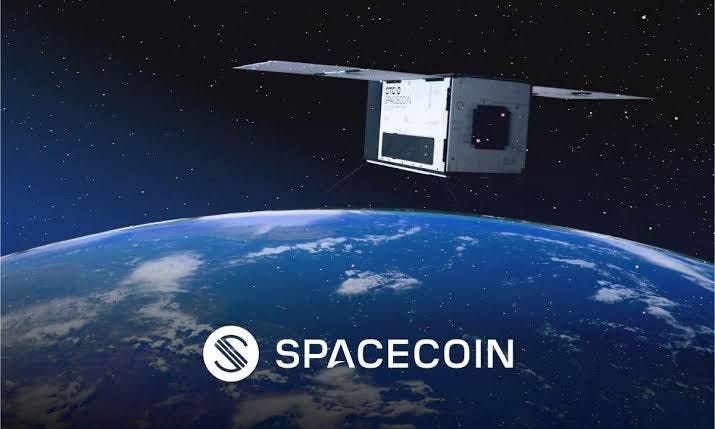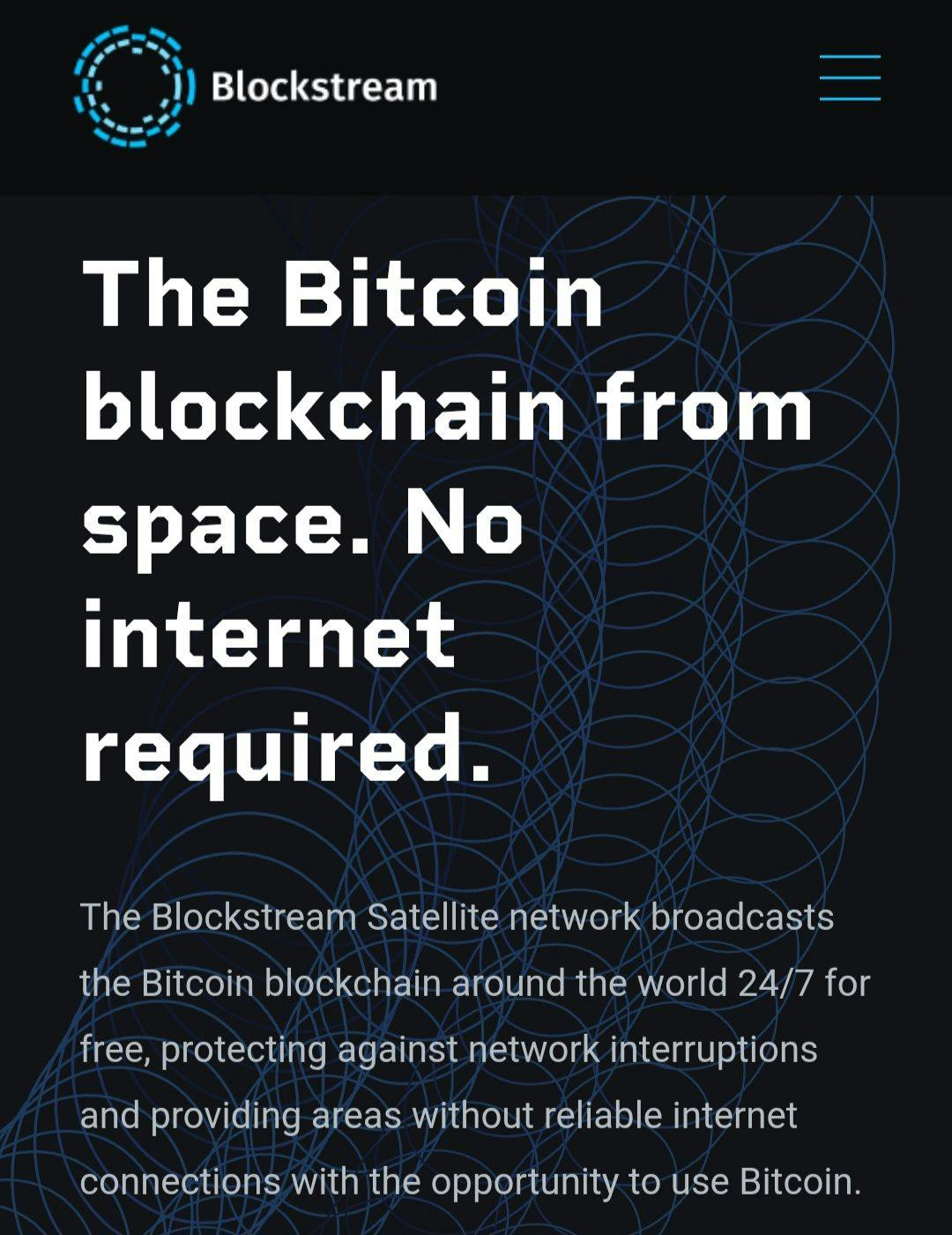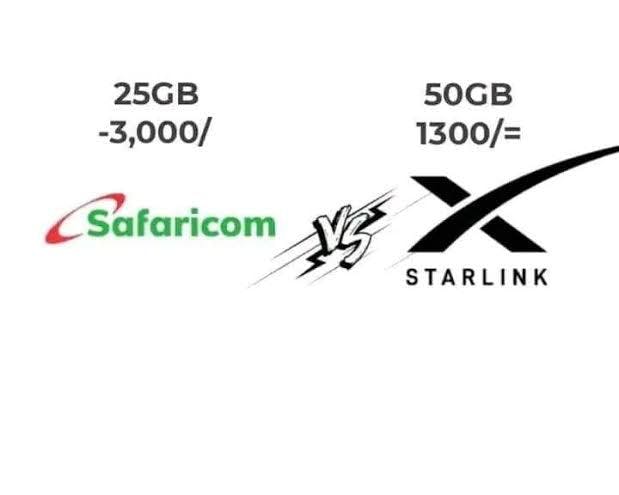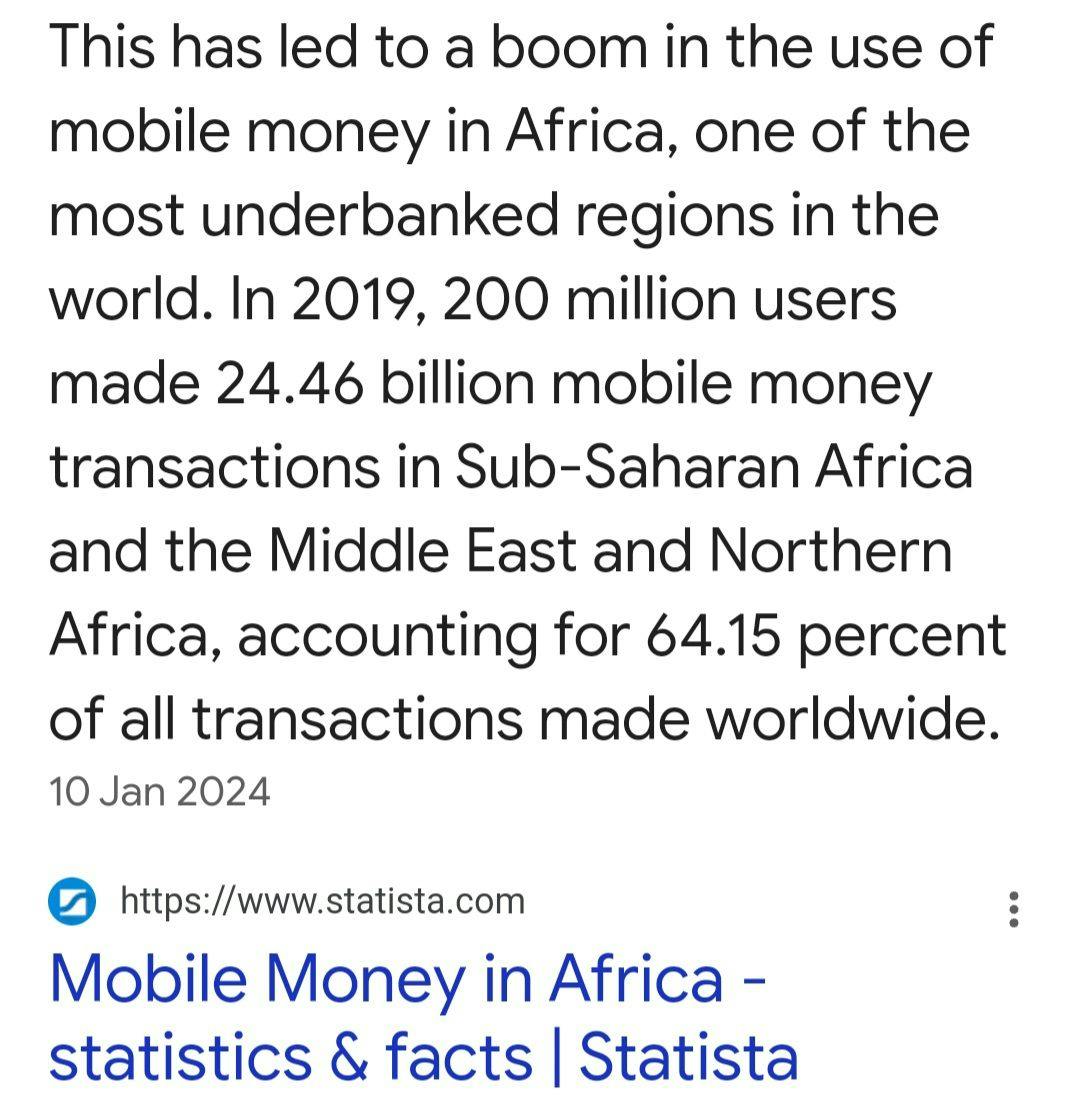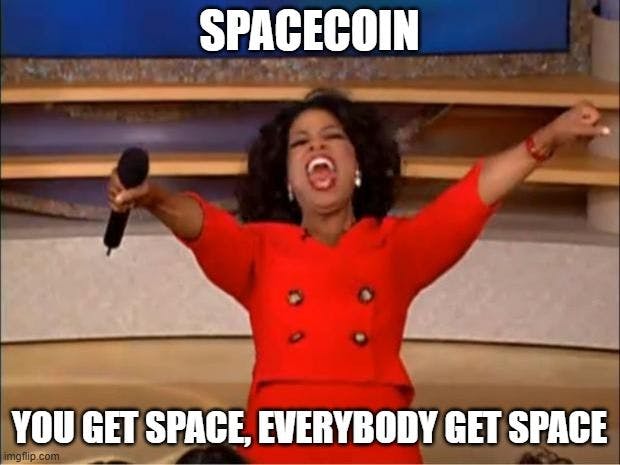Space works
An astronaut in outer space is the victory of humanity over our gravitational prison – Planet Earth.
Thus, there is a lot of work around sending humans into space for the love of it, but more importantly, experimenting in zero gravity.
This was, and continues to be, largely supported by intergovernmental cooperation that has led to the birth of marvels such as the International Space Station.
but,
The tried-and-true business model for placing satellites in outer space is easier and more straightforward.
Satellites make communications between continents faster and cheaper than navigating signals using terrestrial towers or fiber-optic cables.
Satellites, using special imaging equipment, can collect and share valuable information for things like location mapping (such as Google Maps), weather and climate tracking, geotopological mapping, and navigation for aircraft, ships, and vehicles. These are features that cannot be obtained from the ground (at least not efficiently).
Cryptocurrency space works
The space industry, especially in satellite-based services, is already entrenched in the traditional fiat-money-financed sector.
There are two main companies in the space game – those that launch satellites, i.e. rocket companies like SpaceX, and those that use satellites (and thus pay early rocket companies for satellite positions) like Starlink and now Spacecoin.
Traditionally, financing for space projects has come through banks, all in fiat currencies such as the US dollar.
Spacecoin wants to rewrite the script by bringing DeFi into the mix. Their approach provides satellite internet to users while offering them the opportunity to own a stake in their satellite business using Spacecoin crypto tokens.
And they’re not just talking, they’ve actually launched a satellite into orbit.
Bitcoin also went into space
I used to think that Bitcoiners were too busy building anything important and certainly not putting Bitcoin nodes on satellites. But Adam Back proved me wrong. The guy is an OG, no doubt.
The beauty of running a cryptocurrency network using satellites is that transactions can be made without the need for an internet connection or cell service. Spacecoin struck gold by also joining this game, since it also aims to provide cheap space internet in addition to its cryptocurrency bundles.
Frankly, there is no good reason to doubt the usefulness of the Spacecoin token.
The Internet is the easiest product to test for its usefulness. One can just turn on the Wi-Fi button after setup with landline receivers/routers and then see if anything happens.
Satellite Internet providers are preparing to make ISPs that offer expensive internet packages a little more jealous. Not only is satellite Internet cheaper, but customers can also surf the Internet in those parts of the forest without cell phone service.
Cheap and available anywhere, anytime is also a good sell, which is why Safaricom and Airtel in Kenya feel threatened by Starlink.
However, Spacecoin will have to work hard to defend its new territory. Competition is already there in the form of Starlink, Blockstream, and new fish that will eventually want to jump into this space.
Note: What’s more, because it is a cryptocurrency, Spacecoin will block competition from telcos that operate massive mobile payment services, such as Mobile Money for MTN and Airtel in Africa.
The largest payment processing business by volume in the world!
This is a great business opportunity that the cryptocurrency side of Spacecoin can capitalize on, along with providing satellite internet.
Proof of site vs proof of work
Spacecoin uses Proof of Site (PoL) to allow Spacecoin users to securely sign Spacecoin transactions without a trusted third party, while Bitcoin uses Proof of Work. The mechanics of PoL are described in the Spacecoin whitepaper.
Now PoW is pretty good. It represents a cutting-edge solution for protecting a cryptocurrency network against attacks, and elegantly addresses the complexities of the Byzantine General’s problem.
However, the only advantage that PoL has is: -> Secure your identity while online.
No need for a VPN, changing your aliases every time, or changing your public keys. With PoL powered by Spacecoin’s decentralized Internet Service Provider (ISP), users will be safe while on the web. Because a decentralized ISP that runs on encrypted public and private key pairs is somewhat of a high-end VPN service.
(It appears that their internet security may be stronger due to the fact that mobile phones generate unique IP addresses related to your device’s location. By hashing location data, you end up with a unique ID that is personalized just for you, and no scammer can copy it because they are not in your location at that time.) the time).
What’s more, the decentralized internet provided by a cryptocurrency startup makes airdrops a real thing.
Literally, they will drop their coins from their satellite to your phone, once their ICO is set and published.
Winding
Spacecoin has the following advantages over most other cryptocurrency projects:
1. It is one of the first companies to introduce DeFi services in the space.
2. It is the first DeFi service to also provide satellite internet (which other DeFi protocols can rely on as well).
3. It uses PoL, which is a self-securing model for using the Internet. Because location data is unique.
4. It can provide alternative payment and liquidity services in Spacecoin’s decentralized cryptocurrency, which will be a challenge for many centralized payment systems from telecom companies especially if these require very large fees, but it is not secure against phishing attacks.

